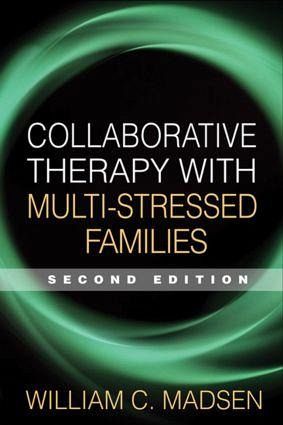
Collaborative Therapy with Multi-Stressed Families, Second Edition

PAYBACK Punkte
35 °P sammeln!
This text and professional resource offers an alternative approach to thinking about and working with &


Rechnungen
Bestellstatus
Retourenschein
Storno